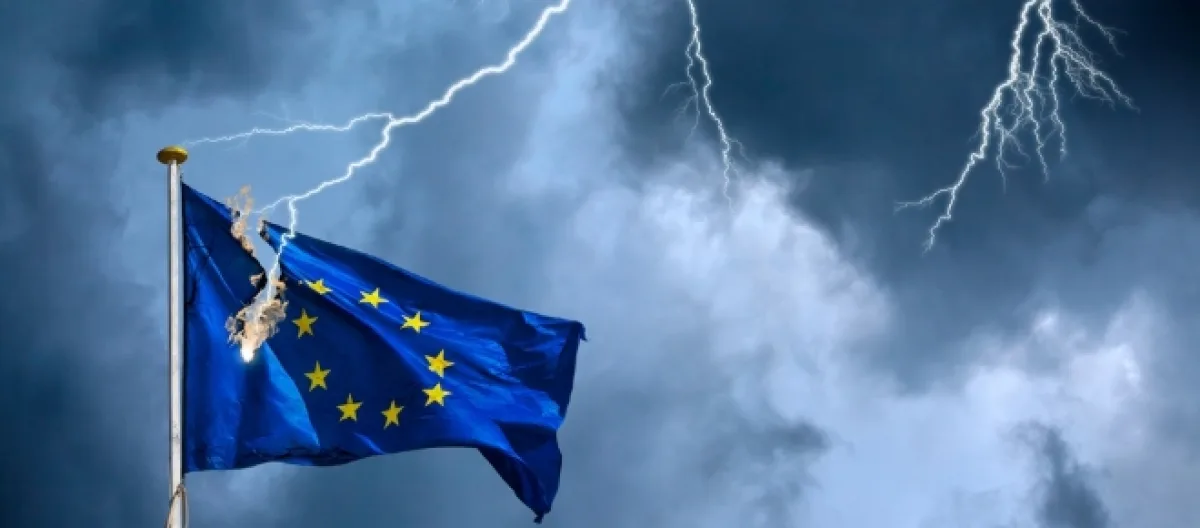As the White House considers the next stage of its agenda after the failure to pass the repeal of the ACA, the United States is the elephant in the room as the leaders of the #european union attend the 60th anniversary celebrations in Rome of the treaty that led to the european union. The continent is now facing important challenges and one of them comes from President Donald Trump in the Oval Office.
From war to peace
The European Leaders that signed the Treaty of Rome in 1956 had in their minds the horrors of World War 2 and many of the continent’s capital cities still bore signs of the fighting that left over 100 million dead in Europe. The aim of the treaty was to create a new Europe capable of finding solutions to international conflicts, particularly in Europe, without resorting to war.
The treaty was signed in the midst of the Cold War and many members countries were and still are members of NATO. At the same time these leaders signed what is now called the European Atomic Energy Community, the first of many European wide agencies.
The initial group of countries were Italy as the host, France, the Netherlands, Luxembourg and the then Federal Republic of Germany, now Germany after the reintegration of the Soviet controlled East Germany after the fall of the Soviet Union.
Despite much pressure and internal problems of many countries, including terrorist threats, the current European Union now boasts 28 countries but this month will see the beginning of the official withdrawal of one of them.
Brexit
In June last year Great Britain voted by a narrow margin to withdraw from the EU. This decision will now take its course but many in Britain are against the decision as the protests in support of the EU this week have shown.
Brexit will not end the Union and it will take it new directions as the Body seeks to find a new identity for itself in the light of the recent populist challenges.
Although some of these fears have dissipated with the recent Dutch election result where a record electoral turn out voted against the populist Freedom Party, elections in France and Germany this year will be important for the future directions of the continent.
U.S. and Russia
There are two interested spectators to these elections. The United States as the major ally of the Union and Russia as it contemplates its next moves in what many consider the expansionist policies of Vladimir Putin.
For this reason the European leaders are interested and worried about the investigations into alleged Russian hacking of the presidential election favouring Donald Trump and at least two European countries, Great Britain and the Netherlands, warned the Obama Administration of the hacking.
Peace and the future
Undoubtedly the EU was a success in giving Europe peace over the last 60 years but this success is now tempered by the problems caused by the waves of refugees from the world’s trouble spots that cause unease in the population and feed the populist politicians.
Just as certainly the celebrations have also been an opportunity for the European leaders to discuss the new future for the continent that will begin when Britain enacts article 50 on March 29th to begin Brexit. This will be another turning point in the continent and it will be interesting to see the consequences on both the EU and Britain.
At the same time the United States will have to concentrate on its EU partners as they will be a fundamental counterpoint in the new Cold War between Washington and Moscow, particularly in light of possible developments in the intelligence community’s investigations of the hacking investigations.
In addition, NATO will be of prime importance, not only for the struggle with Russia but also for international missions to resolve conflicts such as those in the Middle East to finally find a means to end the flood of refugees.
Europe was, remains and always will be a fundamental ally for the United States; a fact that the Oval Office must always remember.
